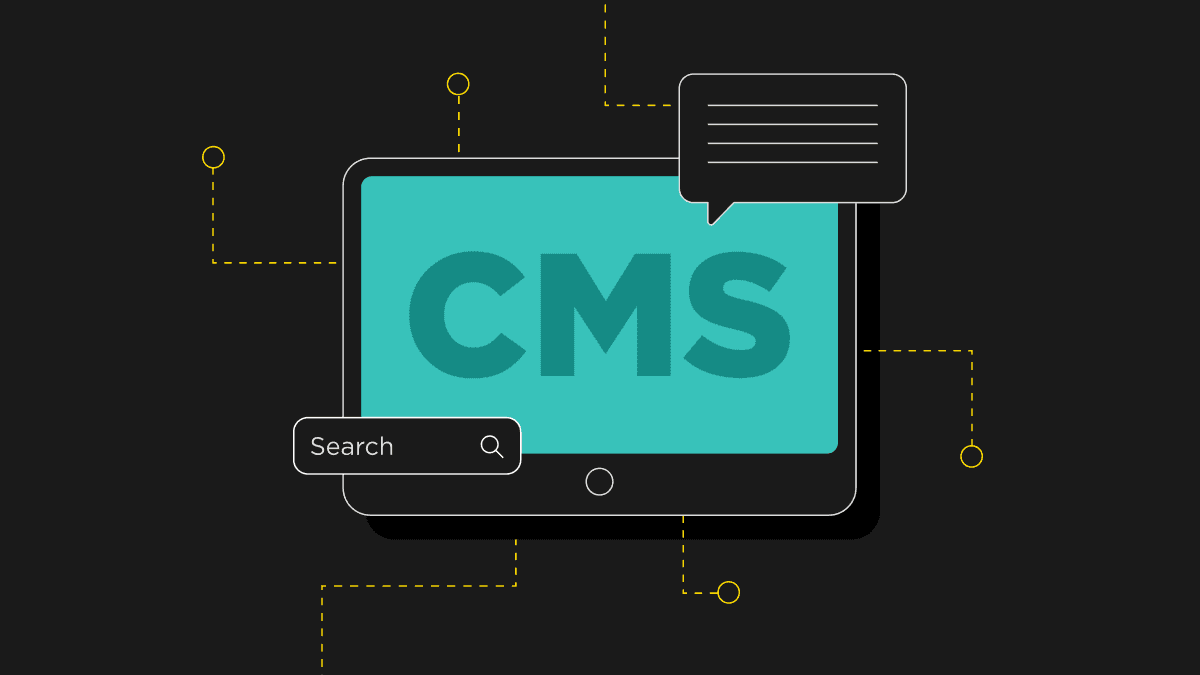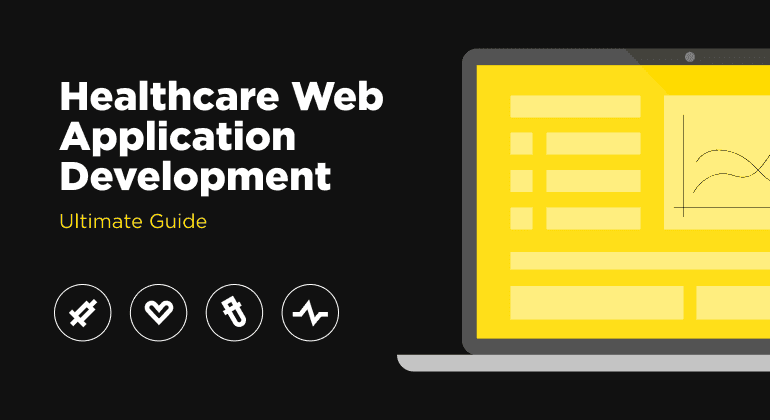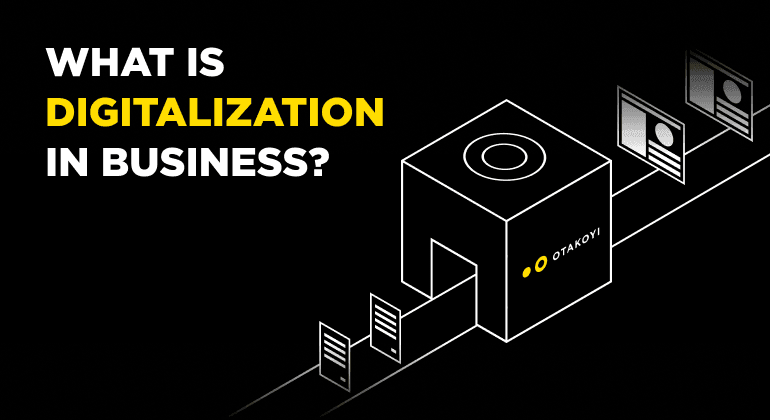How to Choose the Right Content Management System (CMS) for Healthcare Organization
Large volumes of data and information must be effectively managed and arranged as well as accessible by healthcare organizations. Because healthcare CMS software enables smooth workflows and data processing, using a strong content management system (CMS) has become a game-changer in the healthcare sector.
Patients anticipate their healthcare provider to have a website that provides them with access to all the information, appointment scheduling, lab results, and other services. Furthermore, it can be very difficult to choose the best CMS for hospitals and clinics among all of these options. That is why we have prepared a thorough guide to assist you in your search for an excellent content management system for healthcare. So, let's get started.
What Is the Meaning of CMS?
A content management system is known as a CMS. It is typically a web-based platform that aids in the organization of all the content that appears on a website. This covers pictures, blog entries, official brand pages, email, and other third-party portals.
In addition, it features a system for adding users and granting them varying degrees of access based on the things you want them to be able to see and accomplish. When multiple people are in charge of the website, this can be quite helpful. Maybe you want to allow a writer you work with to submit material to the website in draft form, but you don't want them to be able to publish anything. It is possible with the correct CMS.
The Significance of Content Management Systems in the Healthcare Industry
Healthcare-specific CMS platforms are tailored to the particular needs and intricacies of the medical industry. Moreover, the global CMS market size was valued at USD 19308.38 million in 2022 and is expected to expand at a CAGR of 6.74%, reaching USD 28552.98 million by 2028.
An efficient and robust healthcare content management system platform has made it possible to enjoy easy access to patient records, streamlined document management, and seamless collaboration among healthcare professionals. Additionally, it makes safe data sharing possible, which is essential for efficient patient-provider communication.
Features created especially for privacy and security in healthcare content make compliance with healthcare regulations and legal requirements, like HIPAA, more manageable. Furthermore, healthcare providers can take advantage of data analytics, intelligent search capabilities, and automation with the help of the right CMS. They can obtain important insights from it that they can use to customize patient care plans and make well-informed decisions.

Considering Upgrading Your Healthcare Institution?
Contact usThe Advantages of Content Management System Implementation for Healthcare Organizations
Medical organizations and institutions can operate more effectively and efficiently thanks to CMS software. Let us provide you with a list of the most common advantages you can receive.
1. Simplified data management
Patient records, medical imaging, administrative documents, and other large amounts of healthcare data are all easier to organize and manage when using a CMS for healthcare. Streamlining guarantees quick access to vital data, facilitating quicker decision-making and better patient care.
2. Enhanced collaboration
By offering a centralized framework for exchanging, examining, and updating patient data, CMS platforms promote easy communication and coordination between medical professionals. It also improves the healthcare team's coordination and communication. Moreover, virtually all patients (93 percent, to be exact) say that they expect healthcare organizations to use digital tools when interacting with them.
3. Improved patient care
Healthcare professionals can provide individualized care plans that cater to each patient's needs. This is due to the fact that they have access to thorough patient records and medical histories. A content management system for a healthcare organization allows for monitoring patient progress, facilitating prompt interventions, and encouraging proactive healthcare practices.
4. Effective workflows
A content management system in healthcare automates repetitive administrative tasks, thus minimizing errors and manual labor. Healthcare workers are more productive as a result of this optimized workflow, which brings them more time to concentrate more on patient care. You may learn more about simplifying work for the staff with the OTAKOYI project "Versatile Medical Management Platform for Healthcare Providers".
5. Compliance and security
Healthcare CMS platforms have installed features that fully meet HIPAA compliance and other regulatory standards, guaranteeing data security and privacy. Patient confidentiality is preserved, and the chance of data breaches is significantly reduced.
6. Integration with RPM and EHR systems
One of CMS's primary benefits in the healthcare field is its ability to work with other vital systems, like RPM and Electronic Health Records (EHR). This integration facilitates easy data exchange and improves patient and provider experiences in general. It is super important, considering that 26% of consumers said they would switch to a new healthcare provider for high-quality digital services.
7. Flexibility and scalability
Content management systems in healthcare are flexible enough to meet the expanding requirements of healthcare institutions and medical providers. They also offer adaptability in response to changing healthcare trends, new patient requests, and developments in technology in healthcare.
8. Cost-effectiveness
CMS software for healthcare eventually results in cost savings for medical facilities by optimizing workflows, cutting paperwork, and raising productivity.
Essential CMS Features for Healthcare
It is important to recognize CMS's contribution to improving patient care and expediting system operations in the healthcare system. Here are a few essential features that allow healthcare CMS to offer these advantages.
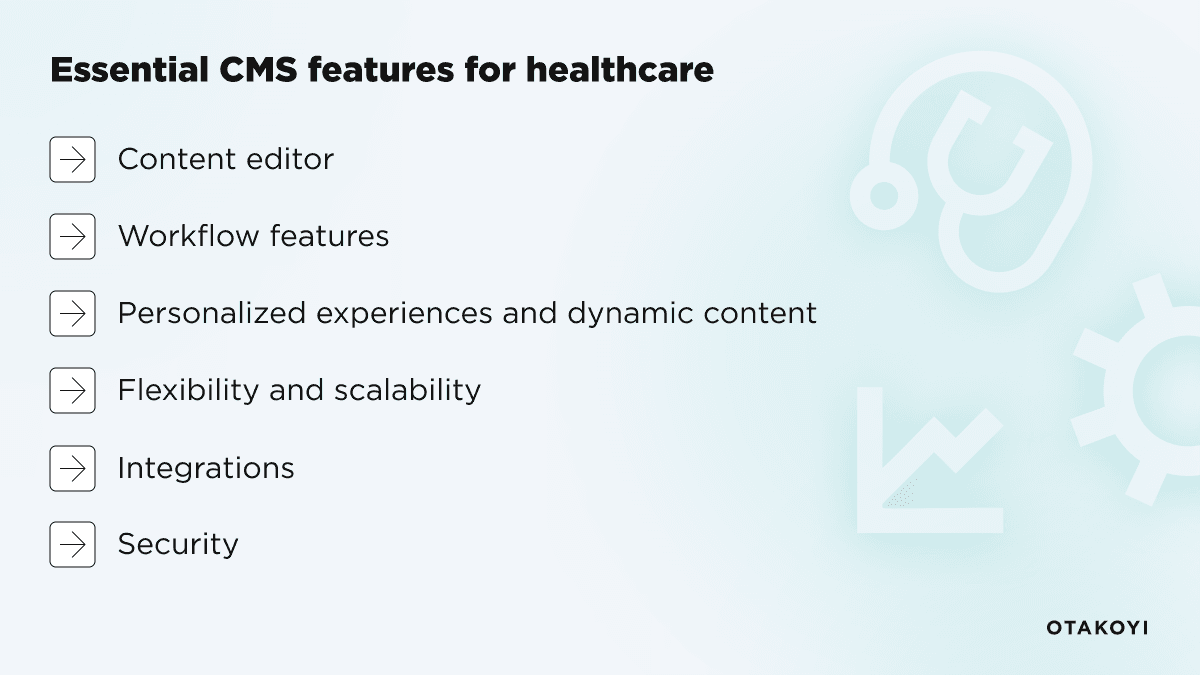
Content editor
This feature is key for easy-to-use and intuitive usage. With the aid of this feature, content administrators can easily create, edit, and manage content, keeping patient portals and websites current with updated information.
Workflow features
A content management system for healthcare is more efficient with the help of workflow automation features. Businesses can set up predetermined procedures for content approval, guaranteeing that all materials are properly reviewed before going live. This meets legal and regulatory requirements while also preserving the content. Scheduled content and timely publication of materials that must be published on short notice, like announcements, events, or policy updates, are other examples of such automation.
Personalized experiences and dynamic content
Engaging patients can be facilitated by a healthcare CMS's ability to deliver dynamic and personalized content. The CMS can deliver relevant content based on user preferences and demographics by utilizing user data and behavior. Customized appointment reminders, user interfaces, and health education materials are examples of personalization.
Flexibility and scalability
Flexibility and scalability are important considerations when developing a content management system in healthcare. They enable the system to adjust to evolving business needs and future expansion. As 61% of patients believe using a patient portal improves the patient-physician relationship, it should also be able to handle new departments, services, and organizational structure changes without sacrificing functionality or performance.
Security at the level of healthcare
In the healthcare industry, security is crucial because patient data needs to be safely protected from potential breaches and unauthorized access. Any healthcare organization that wants to operate must comply with healthcare industry standards like HIPAA. In order to guarantee the confidentiality and security of patient data, a healthcare CMS adheres to these security measures and conducts frequent security audits.
Integrations
A unified approach to patient care depends on smooth integration with other systems used by a healthcare provider, such as RPM tools and EHR, as we have already mentioned. Healthcare providers can obtain patient medical records straight from the CMS through opportunities for integration with EHR systems. Similarly, remote monitoring of patient's vital signs and patient health metrics is made possible by integration with RPM tools.
HIPAA-compliant Healthcare Content Management System Options
Prior to going any further with the content management system for healthcare that is commonly used by healthcare organizations, it is important to clarify the difference between "open-source" and "closed-source" CMS.
More coding and pricing flexibility is available with open-source content management systems (CMS). They are also free to use, with an active community dedicated to the continuous platform and plugin improvements. However, because of the frequent changes, security risks could arise.
Conversely, closed-source content management systems offer greater security but also entail greater costs and fewer customization choices.
In the end, there are benefits and drawbacks to every solution, particularly when it comes to the organizational goals and target audience of the company. For the time being, we advise concentrating on the following three worth-the-attention CMS choices that are utilized in the healthcare sector.
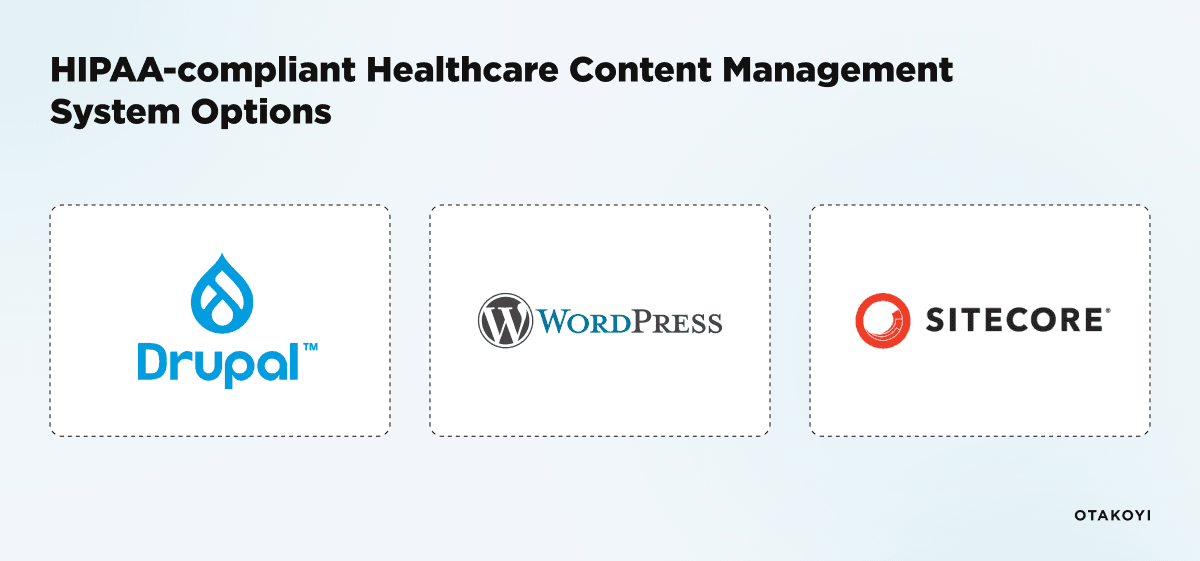
Drupal
The platform has a robust and encouraging community and a wide selection of modules and extensions to fulfill every requirement of healthcare institutions. Drupal freely integrates with all kinds of healthcare systems, enabling businesses to offer complex content and provide a personalized client experience.
This CMS is scalable and incorporates the security compliance component, making it a great choice for healthcare institutions looking to develop an advanced and useful website and patient knowledge base.
Sitecore
In addition to being actively developed and maintained by the business, Sitecore also provides a strong digital experience platform (DXP) with a focus on customer engagement and personalization.
One of its essential advantages is the ability of Sitecore's content management system to give healthcare organizations a thorough understanding of how their clients interact with their offerings, seamlessly integrated into their overall business efficient operations.
WordPress
Despite not being created with the healthcare industry in mind, WordPress has shown to be a flexible and well-liked option for numerous businesses operating in this domain. Healthcare providers can create interesting websites and efficiently manage their digital content and patient data.
The choice between using an open-source or closed-source CMS ultimately comes down to the particular needs of your company, target audience, future scalability, the resources at your disposal, and your long-term strategic objectives.
How Can Your Healthcare Organization Select the Most Appropriate CMS?
There are several ways to find out how to choose the right healthcare CMS.
Firstly, you may have a discussion with any agencies you currently work with. The group assisting you with setting up your website will be aware of your brand and what you will and won't need for it. Allow their staff to determine which CMS will suit your needs the best and ensure that it satisfies HIPAA regulations.
Furthermore, your partner might be able to oversee email services, compliant hosting, and sign any required BAAs. Generally, it would be best to have something smaller and simpler, like WordPress, unless you can give a specific use case for something more robust.
Start looking into agencies that specialize in healthcare web design and marketing like Otakoyi.
If you already have a website that employees in your organization are familiar with and can update, this might work nicely. Using a third-party portal could be the best option if cost is the only consideration. Your needs will be better met by the solution if you can provide your IT department or the agency you work with with more information.
Conclusion
Implementing a content management system in healthcare can improve patient care, streamline content management, and guarantee industry compliance. There are plenty of benefits to healthcare organizations that we have already mentioned, such as smoother collaboration, better-improved workflows, and better patient experiences, highlighting the importance of this technology in the medical field.
Remember that the OTAKOYI team is here for you to provide healthcare software development and establish a connection between CMS and RPM to create a platform that can effectively oversee patients from a distance, gather essential health information, and provide tailored treatment regimens.
